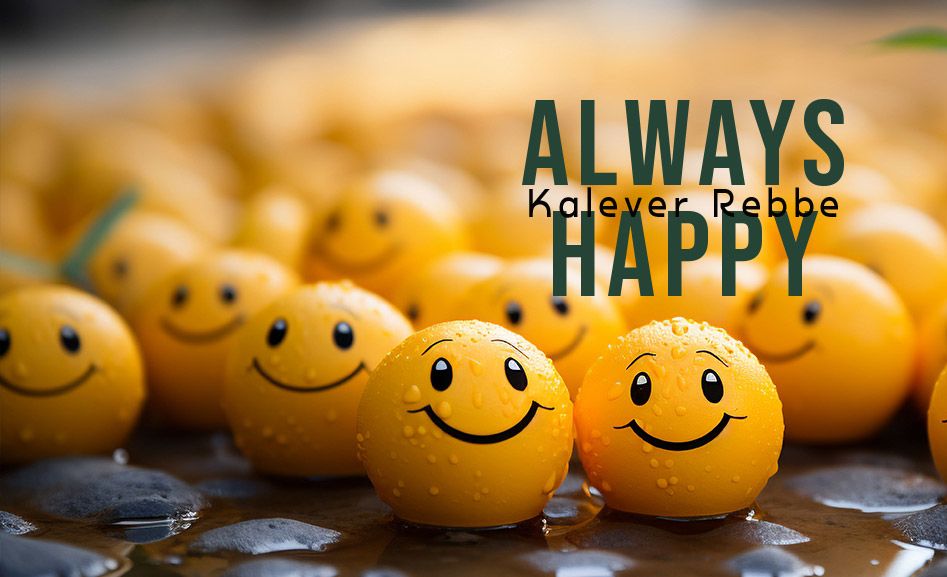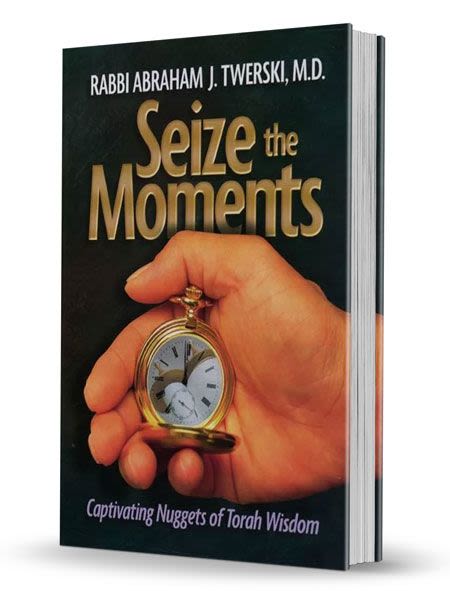
Hashem Wants Your Mitzvah?!
Hashem wants mitzvot from someone like ME? Really? YES!! Regardless of where you are in your spiritual journey, Hashem values every mitzvot you do.

The Value of a Mitzvah
There was a yid who was going through a financially challenging time in his life. His son was successful, and sent his father a generous sum of money to help ease his financial stress. However, the father was conflicted over whether he could even accept the money since his son was not Torah observant. Not knowing what he should do, he decided to go ask the Gaon R’ Shmuel of Salant.
The man explained to the Tzadik: “My son has recently sent me a small fortune to help ease my financial stress. Unfortunately, my son does not even keep Shabbat. I think I may have to send the money back and let him know that I cannot accept his help unless he observes the Torah and mitzvot properly.”
R’ Shmuel replied: “Rashi explains in Parshat Vayeitze (Breishit 29:11), that when Yaakov came to Padon Arom, he had nothing because Eliphaz, the son of Esau, had pursued him to kill him at his father’s orders. When Eliphaz caught up with Yaakov, he felt guilty and held back because he had grown up in on the lap of Yitzchak. So, he asked Yaakov, "What do I do about my father’s order to kill you?" Jacob replied, "Take all that I have, for a poor man is counted as dead."
“The obvious question on this Rashi,” continued Reb Shmuel, “is that the mitzvah of respecting one’s parents cannot supersede the prohibition of murder! Why would Eliphaz feel so conflicted? His father is asking him to murder another person! Why didn’t Yaakov explain this to Eliphaz and keep his riches?
"The answer to this question teaches us a critical lesson in life. Yaakov knew how precious this mitzvah was to Eliphaz. Yaakov reflected and decided that he would rather give Eliphaz all of his riches, everything that he had rather than convince him to ignore a mitzvah that was so precious to him.”
Reb Shmuel concluded, “You should follow Yaakov Avinu’s example. Accept the money from your son and enable him to fulfill the mitzvah of respecting one’s parents.”
Hashem is Close to You
This story also teaches us a critical lesson in avodat Hashem.
When a yid feels inspired to start turning around his spiritual life, to work harder and more diligently at being committed to Hashem and His Torah, the Yetzer Harah mockingly comes to him and says: “Who do you think you are? Your sins have created such distance between you and Hashem! You have lived a life empty and void of anything good! Hashem’s doesn’t want the avodah – the service – of someone like you! Given the life you’ve lived and the person you are, what do you think your mitzvah is worth?”
However, nothing can be further from the truth. Every mitzvah performed by a yid is precious to Hashem. Regardless of the life you have led or the sins you have committed, Hashem still desires and wants you and your mitzvot. The Zohar HaKodesh teaches in Shemot (11a) that, “Hashem is honored by the deeds of the righteous and His name is also honored by the deeds of the wicked when they do good deeds.”
Rabbi Avraham Dov of Averitsch, the author of the Bat Eiyin, taught, “The Torah says, (Vayikra 16:16), ‘He shall do likewise to the Tent of Meeting, which dwells with them amidst their defilements.’ If a yid does not believe that Hashem is close to him and wants his avodah – his Torah observance – even after he has committed the gravest of sins, then he is a heretic, an apikorses. ”
Feh and Peh
Similarly, the Tzadik Reb Zvi Hirsch of Ziditsov taught, that during the Shmoneh Esrei we say, “… because you hear the prayer of every mouth (“Peh” is Hebrew).” The word “peh” or mouth, can also be read as “feh”, a phrase that people would say when they are disgusted. You can read this prayer as follows: Hashem hears the prayers of everyone – even those who people would say “feh” about, even those yidden who appear disgusting and filthy with sin.
Every Mitzvah Counts Regardless of Who You Are
Once an old man came to Reb Avraham from Kalisk. Seeking advice and guidance, the man said, “I do not know why Hashem keeps me in this world. I do not study Torah. I ignore the mitzvot. What nachat (pleasure) can Hashem possibly have from my life that He keeps me here?”
The Rebbe scolded him saying, “It is worth living 80 years to put tefillin on once in a lifetime, even without the proper intentions!”
In a similar light, the Be’er Mayim Chaim taught, "Every single mitzvah – even the mitzvot of the most simple and distant yid – sustains thousands of worlds.”
We All Can Bring Light to the World
The Sifsei Tzadik (Chanukah Section 3), cites the first Gerrer Rebbe, the Chidushei HaRim, who said that once a group of Chassidim visited the Chozeh M’Lublin. The Chassidim wanted a blessing. There was a certain government informant who was making it difficult for them to observe Yiddishkeit. They wanted the Rebbe to bless them that this burden should be eased. But, to their puzzlement, the Rebbe replied, “But, this informant is bringing infinite light to the world.” It had turned out that at the time the Chassidim were with the Rebbe, this informant was lighting his Chanukah menorah!
In telling over this story, the Chidushei HaRim said, that any yid’s heart should melt when they hear this. Even if someone is as vile and wicked as a government informant, someone who actively is trying to eradicate Yiddishkeit, his mitzvot illuminate the entire world and beyond. Every mitzvah of every yid, regardless of his current commitment to Judaism, has the unimaginable power.
The Lesson of Eliphaz
This is what the story of Eliphaz teaches us. Eliphaz was the evil son of the wicked Esau, who was on a mission to kill his uncle, Yaakov. He was vile and depraved. He was so far removed from Torah and Mitzvot. Nevertheless, Yaakov sacrificed all his physical possession solely so that Eliphaz could fulfill the mitzvah of respecting his parents.
Every yid needs to know deep in their core with the utmost sincerity, that regardless of where they are in their spiritual journey, that despite any shortcoming, regardless of any sins, every mitzvah a yid can perform is beloved by Hashem. It is not about who you have been, but what you will do. If we live with this in mind, one mitzvah will lead to another mitzvah and you can grow in your avodat Hashem, continue to find ways to connect to Hashem, and bring light into this world and beyond. Amen.








Tell us what you think!
Thank you for your comment!
It will be published after approval by the Editor.